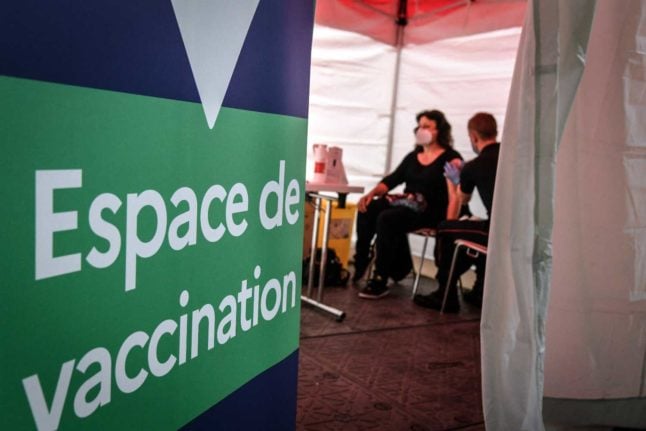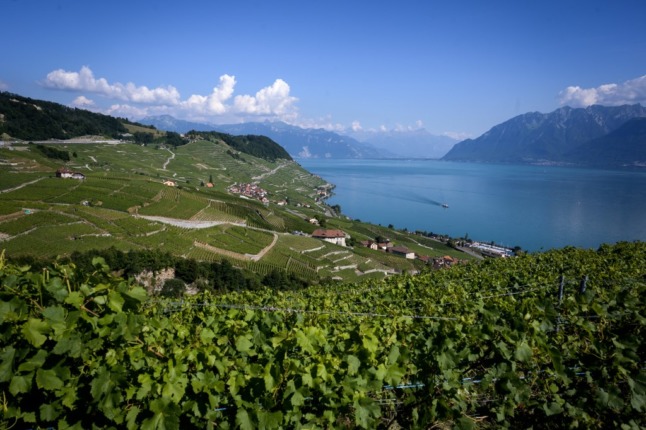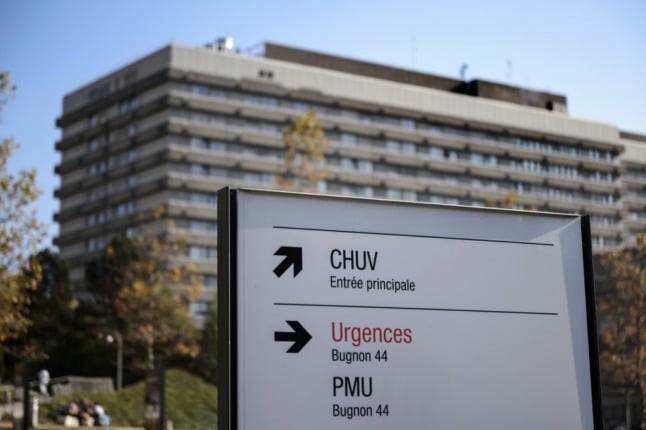The administration of the coronavirus vaccine is carried out at a cantonal level in Switzerland.
This means that in the most cases you will need to register with your cantonal authorities to indicate you want to get the jab.
Some people do not have to register, for instance those living in assisted care facilities or who have high-risk conditions.
More information about the Swiss priority list for the vaccines is available at this link.
How do I register for the coronavirus vaccine in Vaud?
As at late April 2021, everyone over the age of 18 can register to get the jab in Vaud.
Vaud in late April became the first Swiss canton to open up vaccinations to the general public, i.e. also including adults of all ages who do not have risk conditions.
Registration does not equal an immediate appointment. However, once you register, you will later be contacted by the cantonal authorities to book in an appointment.
Registration can be done online using the canton’s ‘CoronaVax‘ vaccination portal.
Once you have done this, you will be told whether you are eligible.
From there, you can make an appointment directly.
A link to the portal, which is only available in French, can be found here.
The canton warns that anyone contacting vaccination centres directly will not be allowed to make an appointment without having gone through the portal first.
Can I get the vaccine yet?
From late April onwards, everyone above the age of 16 in Vaud is entitled to the vaccine.
Vaud was the first Swiss canton to allow vaccinations for all non-risk groups.
READ MORE: Vaud first Swiss canton to start vaccinating all members of public
The only exception is for people who have had the virus in the past six months. They are encouraged to wait.
What if I can’t work out the vaccination portal?
People who may be a little uncertain about the portal and technology in general can still get the vaccine but will need to register the old-fashioned way.
People who have difficulties in registering, for instance technological or linguistic obstacles, are able to obtain help by contacting the general information line on 058 715 11 00
Please note: This report should be used as a guide only and will not be regularly updated. Please use the official links above to get up to date information from cantonal sources.






 Please whitelist us to continue reading.
Please whitelist us to continue reading.
Member comments